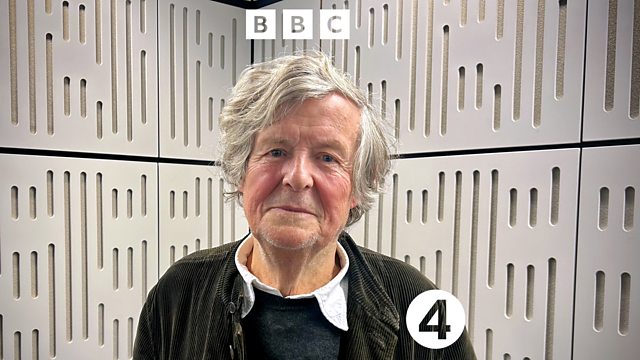David Hare
Playwright, screenwriter and director Sir David Hare talks to John Wilson about his formative cultural influences.
The premiere of David Hare’s play Plenty at the National Theatre in 1978 marked him out as one of the UK’s most skilled and socially conscious playwrights. Plenty transferred to Broadway, Hare adapted it into a film starring Meryl Streep, and in the following years he became known as a writer for whom the political and the personal are deeply entwined. Often referred to as Britain’s pre-eminent ‘state of the nation playwright’, his plays in the 1980s examined a wide range of social and political issues, including the Church of England in Racing Demon, the judiciary in Murmuring Judges and party politics in The Absence of War. He tackled international geopolitics in Via Dolorosa - about the Israeli-Palestinian conflict - and the invasion of Iraq with Stuff Happens and the Vertical Hour. Equally skilled as a screenwriter, his film screenplays for The Hours and The Reader saw him twice nominated for Academy Awards. David Hare was knighted in 1998 for ‘services to theatre’.
He talks to John Wilson about how his lower-middle class background and family life in Bexhill-on-Sea stimulated his imagination. He pays tribute to some of the most formative people in his life: his Cambridge university tutor, the Welsh writer and academic Raymond Williams, whose maxim that ‘culture is ordinary’ had a profound effect on his life as a writer; the actress Kate Nelligan, who starred in several of Hare's plays, including Plenty; and his wife Nicole Farhi who, he says, transformed his idea of himself and who inadvertently helped inspire one of his best loved plays, Skylight.
Producer: Edwina Pitman
Last on
Featured
-
.
Broadcasts
- Last Thursday 11:0091�ȱ� Radio 4
- Saturday 19:1591�ȱ� Radio 4
Podcast
-
![]()
This Cultural Life
In-depth conversations with some of the world's leading artists and creatives.


